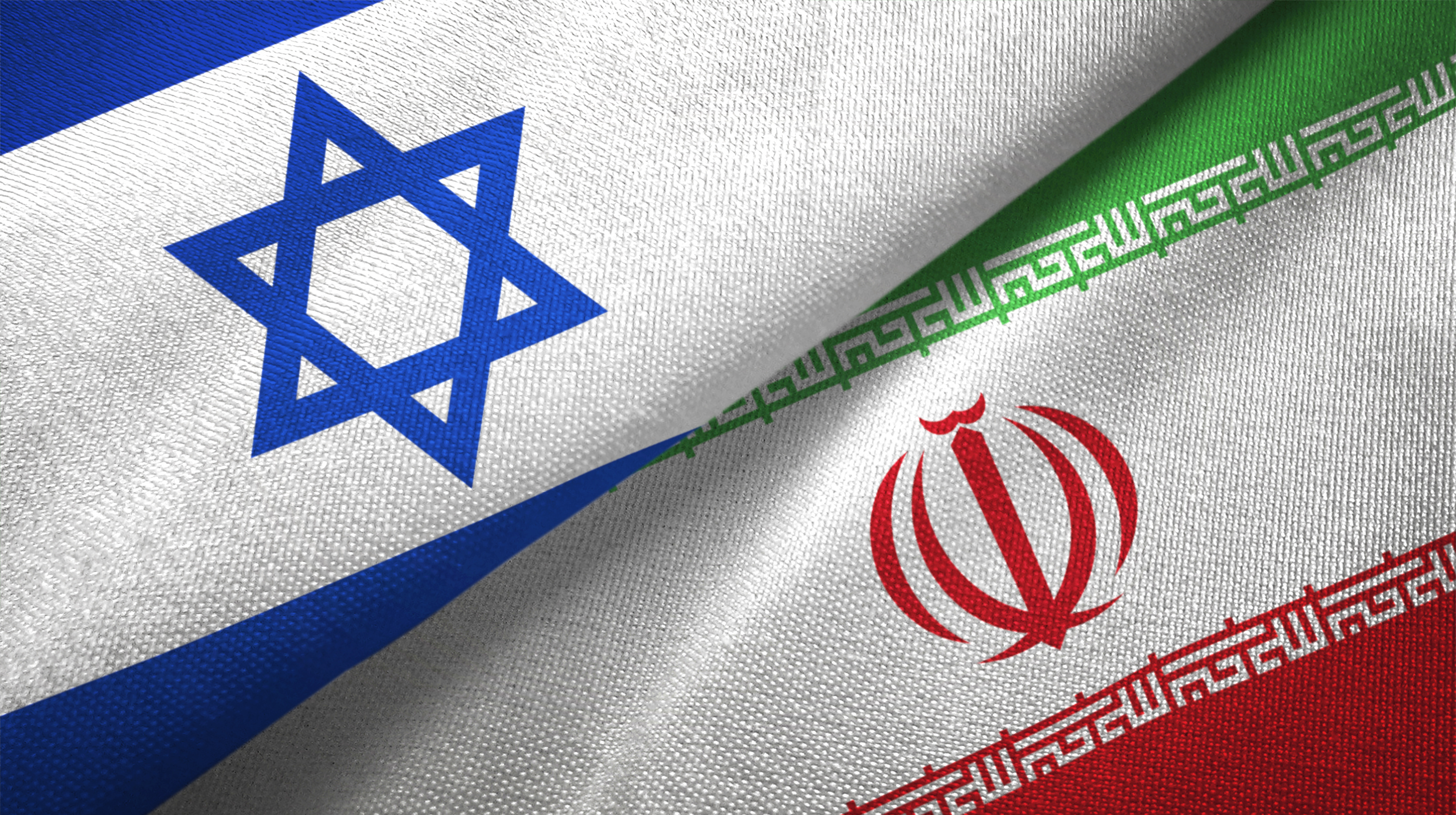
The backdrop to these deliberations includes Iran’s recent advancements in its nuclear capabilities and its ongoing support for various militant groups throughout the region. Iran’s nuclear program has drawn significant international scrutiny, with the United States and its allies expressing concern over Tehran's intentions. The Biden administration has consistently advocated for a diplomatic approach to mitigate the risks posed by Iran’s nuclear ambitions. However, this stance complicates Israel's security calculations, as Israeli leadership views Iran's nuclear potential as an existential threat.
Israeli Prime Minister Benjamin Netanyahu has reiterated his government's commitment to preventing Iran from obtaining nuclear weapons. This commitment is reflected in a series of military operations attributed to Israel aimed at thwarting Iranian influence and capabilities in the region. As Iran continues to enrich uranium and advance its nuclear technology, the Israeli government is under pressure to respond decisively.
U.S. officials have emphasized the importance of restraint, urging Israel to consider the broader consequences of any military action against Iranian energy infrastructure. American diplomats have expressed concerns that such strikes could trigger a wider conflict, potentially involving regional allies and destabilizing an already volatile situation. The U.S. strategy has focused on diplomatic engagement, aiming to reestablish a framework similar to the Joint Comprehensive Plan of Action (JCPOA) that was abandoned by the Trump administration in 2018.
While the Biden administration seeks to revive negotiations, Israel has grown increasingly skeptical of the effectiveness of diplomacy. Netanyahu’s government views Iran’s ongoing regional activities, including support for Hezbollah in Lebanon and various militias in Syria, as indications that Tehran remains committed to its destabilizing agenda despite diplomatic overtures. The perception that time is running out for decisive action against Iran has fueled discussions within Israel regarding preemptive military options.
Israeli defense officials have outlined various scenarios concerning potential strikes against Iranian energy assets. The goal of such operations would be to cripple Iran's ability to finance its military endeavors through oil revenues, which are crucial to the Iranian economy. However, these discussions are fraught with risks. A significant attack on Iranian infrastructure could provoke retaliation, not only from Iran but also from its allied militias across the region.
Iran has repeatedly warned that any military action against its interests will elicit a strong response. Iranian officials have indicated that they would not hesitate to target Israeli interests globally if attacked. The Iranian Revolutionary Guard Corps (IRGC) has vowed to protect the nation's energy sector, framing it as a vital component of national security. This commitment suggests that any Israeli operation targeting Iranian energy sites could lead to a significant escalation in hostilities.
The evolving dynamics of the U.S.-Iran relationship further complicate Israel's decision-making process. With the U.S. pursuing negotiations, Israeli leaders are conscious that any military action could jeopardize the diplomatic efforts underway. American officials have warned that they would prefer to address the Iranian threat through political and economic means rather than military confrontation. This diplomatic emphasis creates a challenging environment for Israel as it navigates its security concerns while managing its relationship with its primary ally.
Internal Israeli politics play a crucial role in shaping the government's approach to Iran. Netanyahu's coalition has been under pressure from hardline factions advocating for a more aggressive stance against Iran. This internal dynamic influences the broader discourse on national security, compelling the government to balance its military options with the necessity of maintaining international support, particularly from the U.S.
Topics
Spotlight
